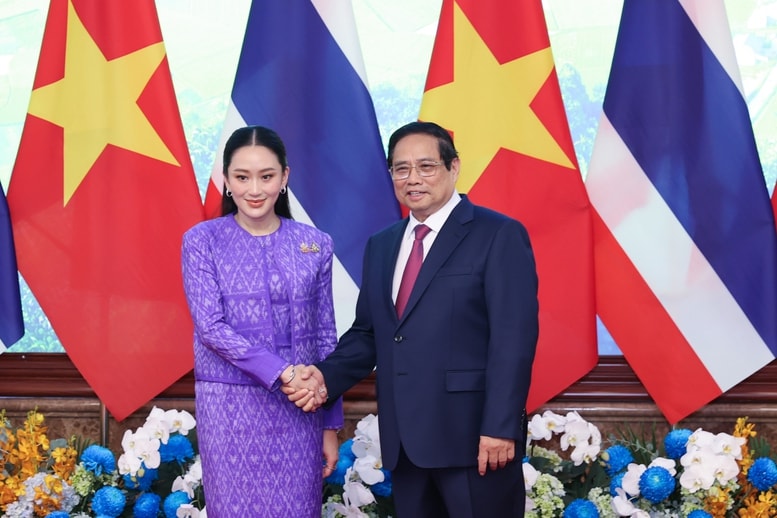
May 16, 2025 became an important historical event in the diplomatic relations between Vietnam and Thailand when the two countries officially upgraded their relationship to Comprehensive Strategic Partnership. This event took place during the official visit to Vietnam by Thai Prime Minister Paetongtarn Shinawatra.
This elevation of relations is of profound significance, demonstrating the trust and strong commitment of the two countries in building a prosperous and stable future together in the dynamic ASEAN region. Tourism, which is one of the important economic pillars of both Vietnam and Thailand, will be one of the sectors that will directly benefit and have a profound impact from this historic step.
Golden opportunity from strategic handshake
The upgrading of the Vietnam-Thailand Comprehensive Strategic Partnership opens up practical tourism opportunities. People-to-people exchanges and tourism connections are promoted through cultural and educational activities, creating a foundation for combined tourism programs, exploiting individual strengths. Vietnam supports Thailand's "Six Countries, One Destination" initiative, aiming for a seamless experience for ASEAN tourists.
Encouraging the opening of more direct flights between localities will facilitate travel, stimulate tourism in new areas, and reduce the load on the central area.
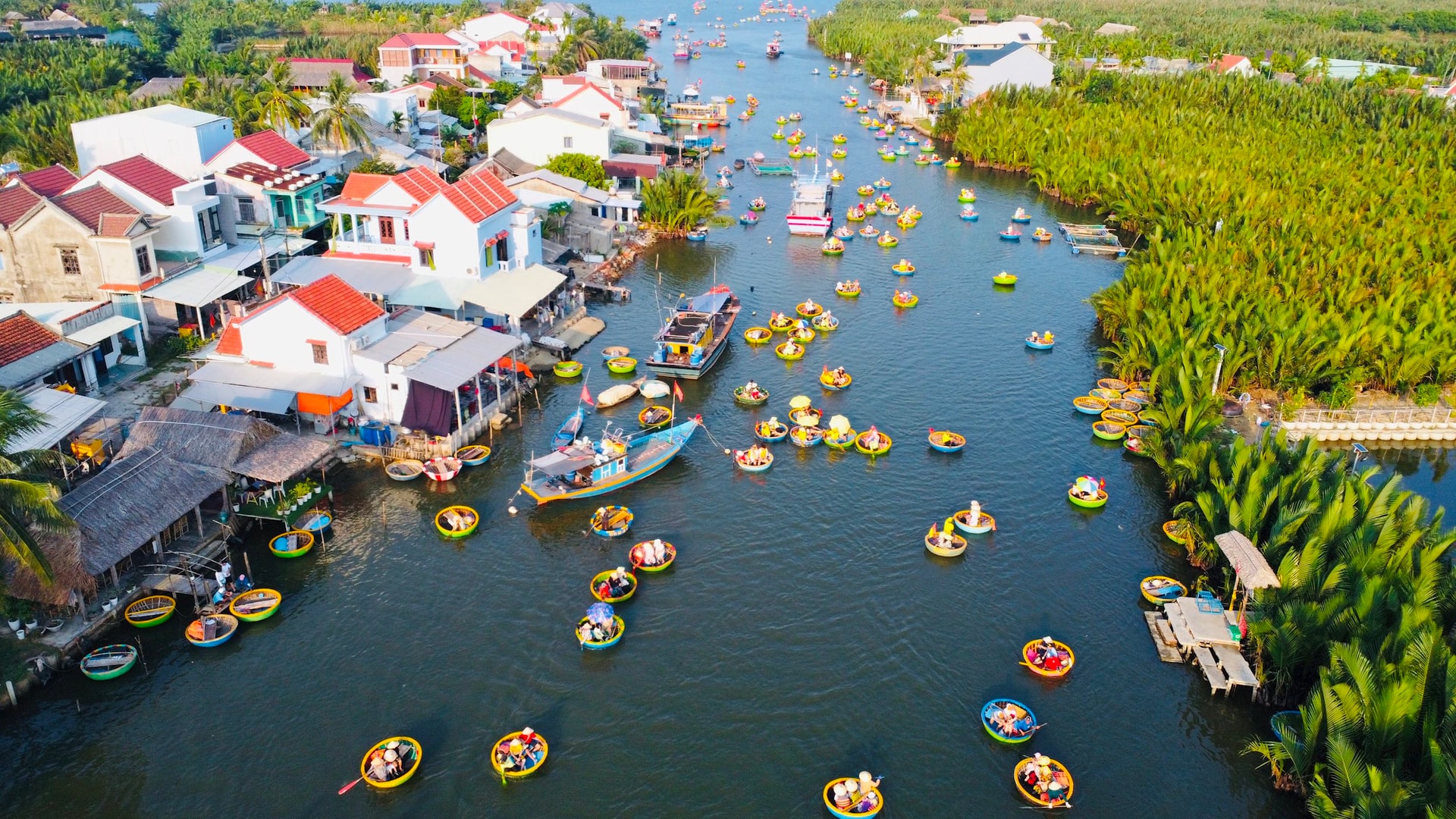
Cooperation in developing unique tourism products is a great opportunity. Vietnam with Ha Long Bay, Hoi An, Hue combined with ancient temples, beautiful beaches of Thailand such as Phuket, Pattaya create attractive linked tourism packages. Similarities in culture, cuisine, festivals are the "materials" to build unique tourism products. Promoting teaching and learning Vietnamese - Thai to enhance cultural understanding, deepen tourism experiences...
The number of more than 984,000 Vietnamese tourists visiting Thailand, and more than 418,000 Thai tourists visiting Vietnam in 2024 shows that the potential for two-way tourism growth is huge.
In addition, strategic cooperation also helps Vietnam learn from Thailand's experience in tourism management and development. Exchanging experiences in infrastructure, services, and effective promotion helps Vietnam raise its tourism status. Cooperation documents emphasize connecting localities and businesses, creating a legal framework for joint tourism projects.
What can Vietnam learn from the tourism "giant" Thailand?
Thailand has long been known as a "giant" of Southeast Asia's tourism industry. Welcoming 35 million international visitors and achieving revenue of 46 billion USD by 2024 is an impressive figure, showing the strong and sustainable development of the country's tourism industry. Vietnam can learn many valuable lessons from Thailand's experience.
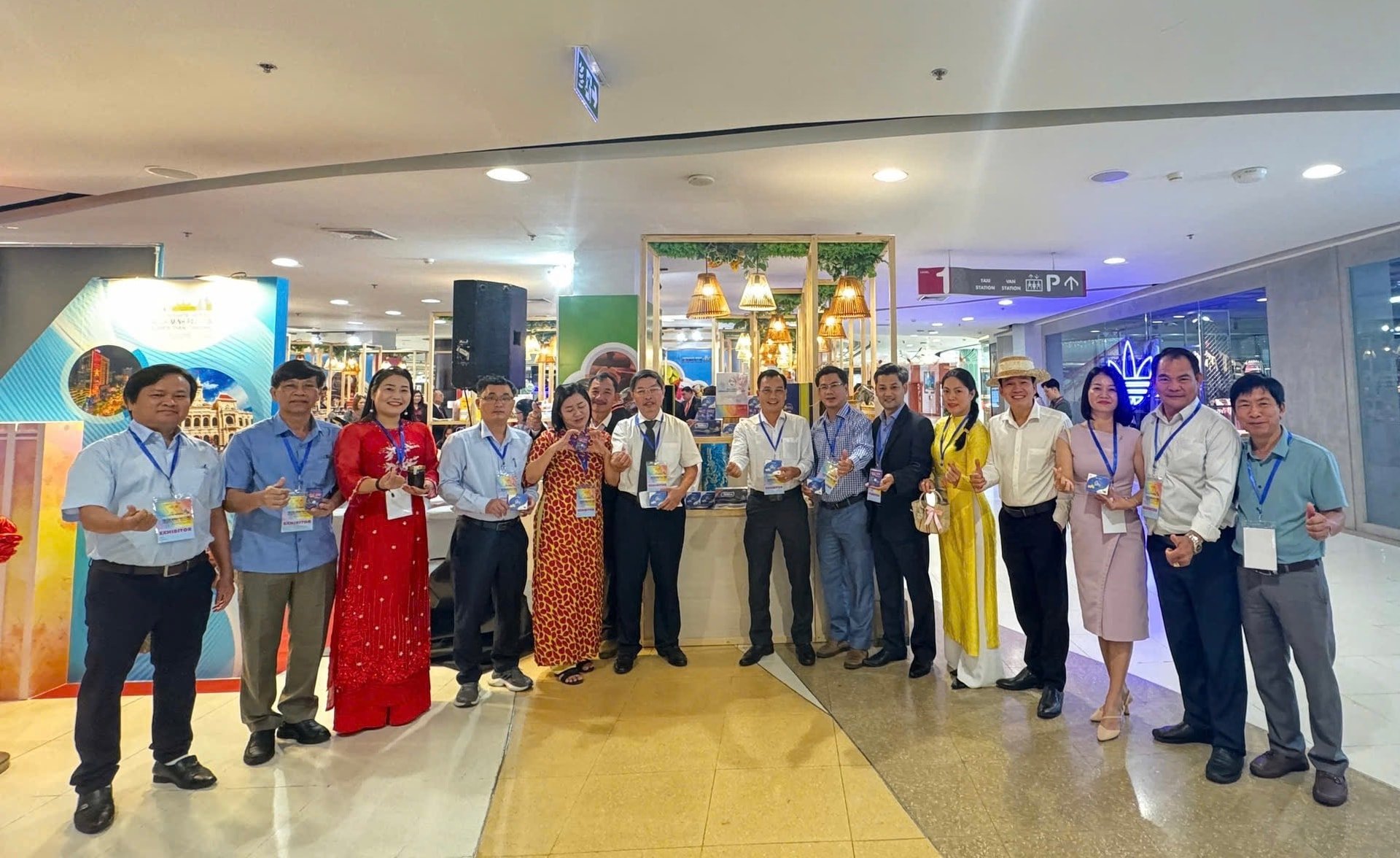
A flexible visa policy is also a key factor in the success of Thai tourism. Visa exemptions or extensions of stay for visitors from many countries have helped attract a large number of international visitors. The open visa policy after the Covid-19 pandemic is a clear demonstration of Thailand's acumen and determination in recovering the tourism industry. Vietnam should consider expanding its visa exemption policy or simplifying entry procedures for visitors from key markets such as Europe, the US and China to increase competitiveness.
One of the most important lessons is a systematic and consistent tourism promotion strategy. The "Amazing Thailand" brand has become a global icon, inculcating in tourists the unique values of Thailand such as its delicious cuisine, vibrant festivals, powerful Muay Thai martial arts and unique "Thainess" culture. This campaign is heavily invested in budget and effectively uses digital platforms to reach tourists around the world. Vietnam needs to build a synchronous and creative national promotion strategy, highlighting its unique heritage, culture and culinary values, while leveraging the power of digital media to reach out to the international market.
Developing sustainable tourism and diversifying products is a trend that Thailand is increasingly focusing on. Promoting lesser-known destinations, developing community tourism and ecotourism not only helps reduce pressure on famous tourist destinations but also creates economic development opportunities for local communities and brings new experiences to tourists. Vietnam also needs to follow this direction, exploiting the unique tourism potential of each region, creating rich and sustainable tourism products.
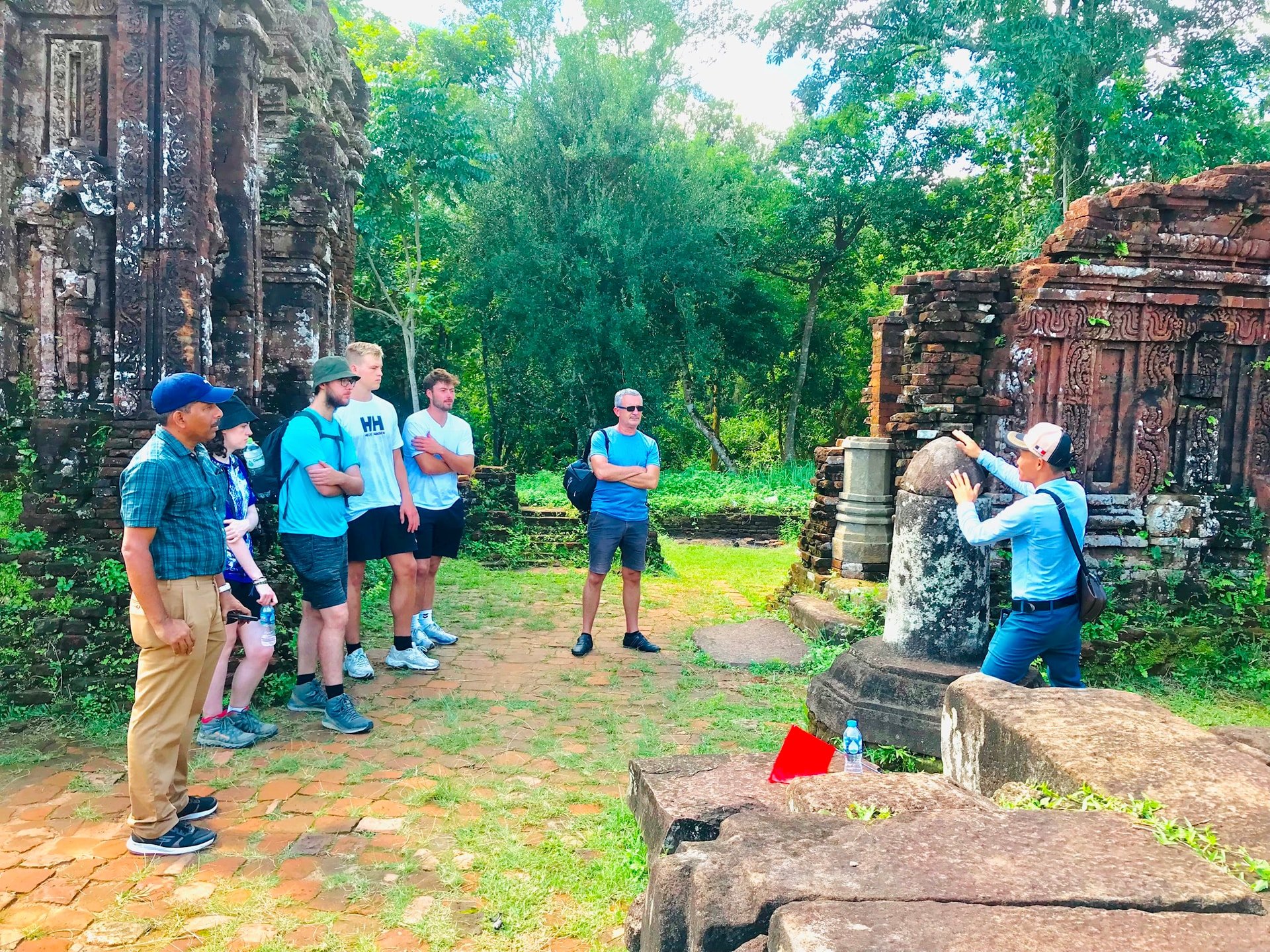
Leveraging "soft power" through culture, cuisine, movies, festivals and martial arts is also a smart strategy for Thailand.
"5F" (Food, Film, Festival, Fighting, Fashion) have become effective cultural "ambassadors", attracting the attention of tourists around the world. Vietnam also possesses a rich cultural and culinary treasure, films imbued with national identity, and unique traditional festivals. Exploiting and promoting these "soft powers" effectively, combined with the cooperation of international influencers, will help spread the image of Vietnam to the world.

Finally, focusing on the visitor experience is an indispensable factor. Thailand always strives to improve the entire tourist journey, from immigration, transportation to services at destinations. Providing full and timely information and building smart travel applications help visitors easily plan and enjoy their trips. Vietnam needs to invest in upgrading transport infrastructure, improving service quality and applying technology to bring the best experience to visitors.
Quang Nam: Opportunities from strategic cooperation
For Quang Nam province, a locality that owns two world cultural heritages, Hoi An and My Son, and many other tourism potentials, the upgrading of relations between Vietnam and Thailand to Comprehensive Strategic Partnership brings special opportunities.
Quang Nam can learn from Thailand in building a strong and distinctive local tourism brand. If Thailand has succeeded in promoting Chiang Mai or Phuket with their own characteristics, Quang Nam can also build the brand "Hoi An - Heritage and Sea" for example to create a deep impression in the hearts of tourists, exploiting the unique combination of culture, history and natural beauty.
Diversifying tourism products is another important direction. Besides Hoi An and My Son, Quang Nam also has the potential to develop eco-tourism in rural areas, agricultural tourism in Tra Que vegetable village or tours to explore the unique mountainous and western regions of Quang Nam. Learning from how Thailand promotes lesser-known destinations, Quang Nam can attract tourists looking for new and authentic experiences.
Investing in digital promotion and international cooperation is indispensable in the digital age. Quang Nam needs to build creative online promotion campaigns, effectively use videos, social networks and cooperate with international travel agencies, especially Thai partners, to access the potential tourist market from the Land of Golden Pagodas and other countries.
Improving service quality and training human resources are key factors to build reputation and attract international tourists. Learning from Thailand's professional and well-trained tourism workforce, Quang Nam needs to invest in training tour guides, hotel staff and related services, ensuring tourists have a comfortable and memorable experience.
Finally, sustainable tourism development is a responsibility and an opportunity to protect Quang Nam’s precious cultural heritage and natural environment. Learning from Thailand’s focus on cultural preservation and community tourism development, Quang Nam needs to have effective tourism management solutions to avoid overcrowding at popular tourist destinations, while encouraging environmentally friendly tourism models.
Source: https://baoquangnam.vn/quang-nam-hoc-duoc-gi-tu-nguoi-khong-lo-du-lich-thai-lan-3154987.html


![[Photo] Party and State leaders visit former President Tran Duc Luong](https://vphoto.vietnam.vn/thumb/1200x675/vietnam/resource/IMAGE/2025/5/24/960db9b19102400e8df68d5a6caadcf6)
![[Photo] Ho Chi Minh City holds funeral for former President Tran Duc Luong](https://vphoto.vietnam.vn/thumb/1200x675/vietnam/resource/IMAGE/2025/5/24/9c1858ebd3d04170b6cef2e6bcb2019e)


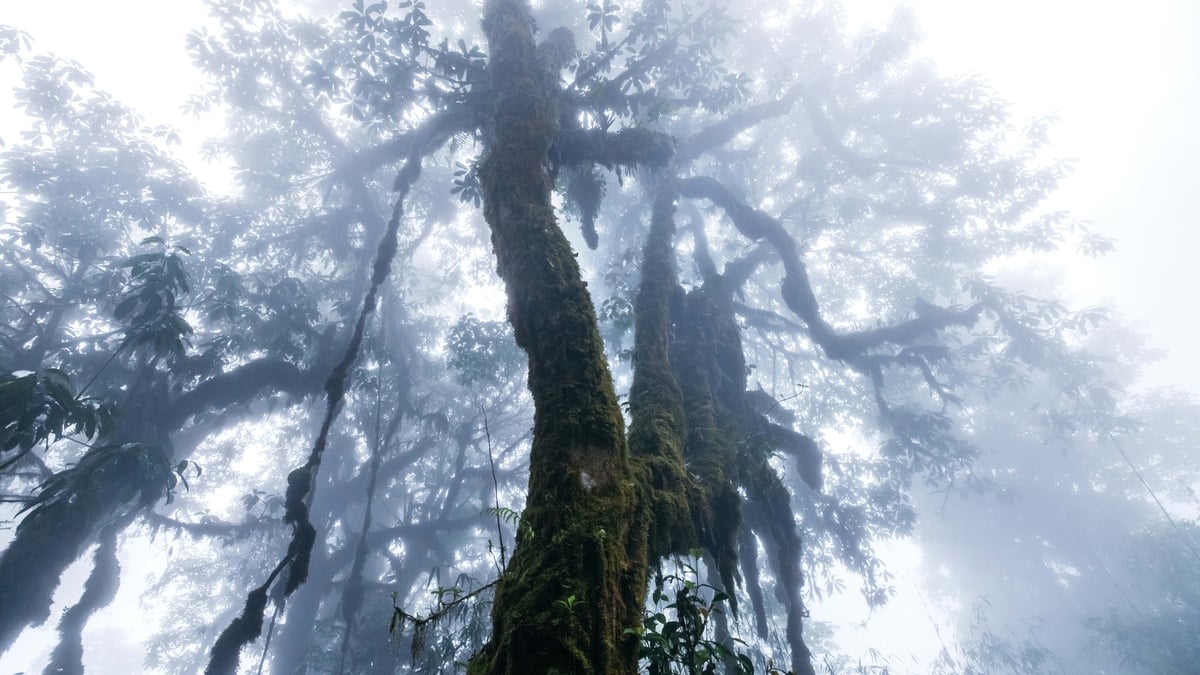

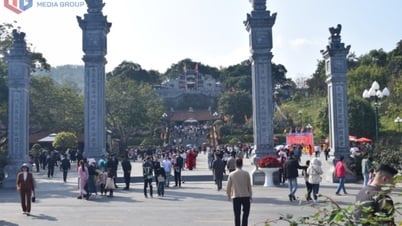

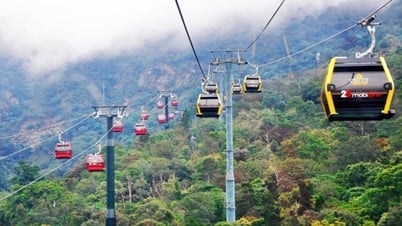

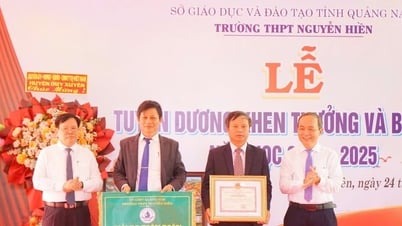
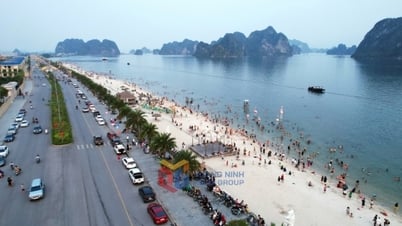






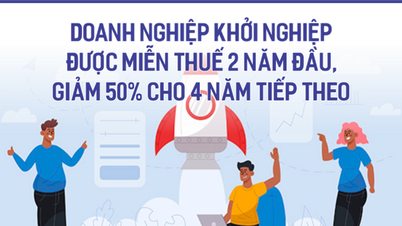

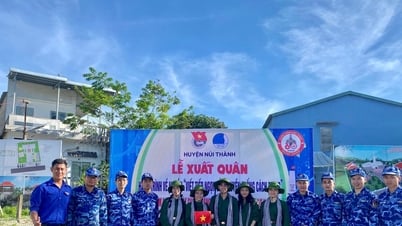

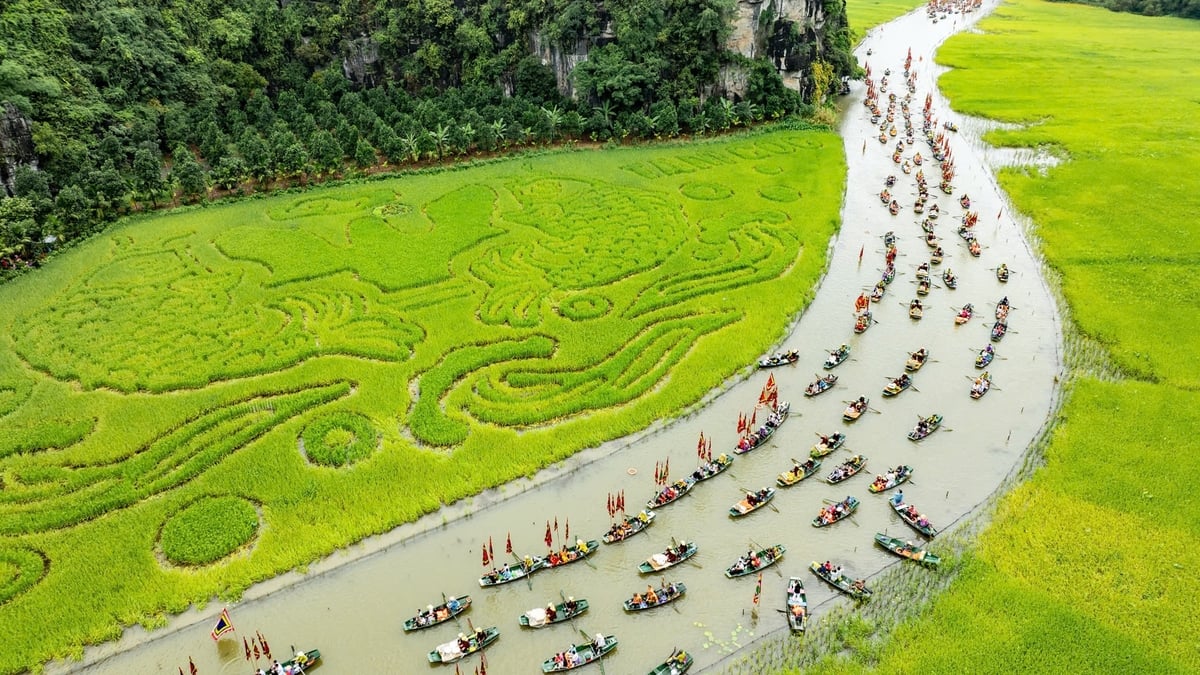
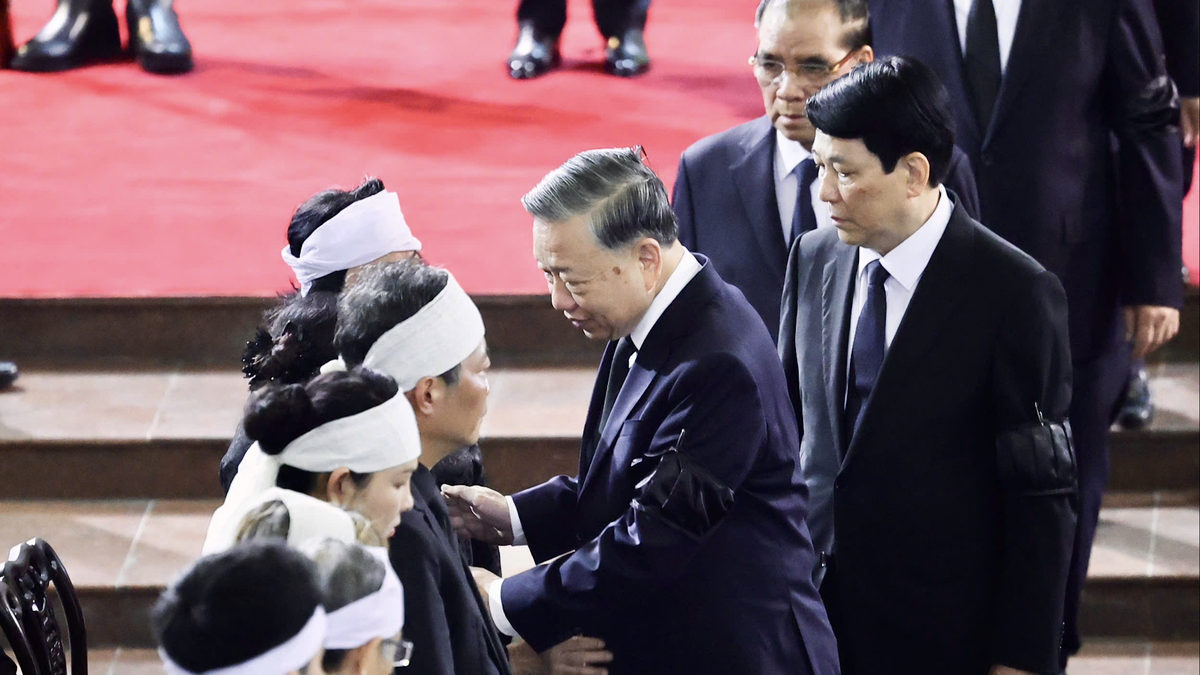
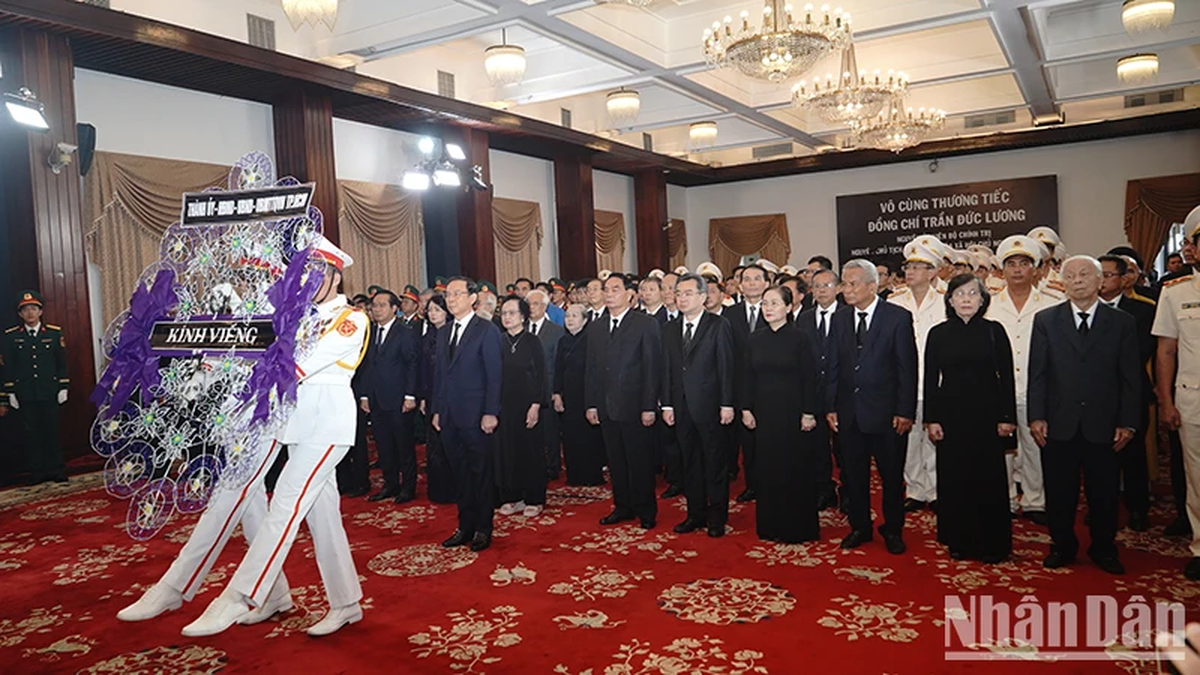
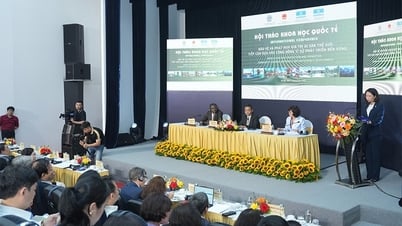



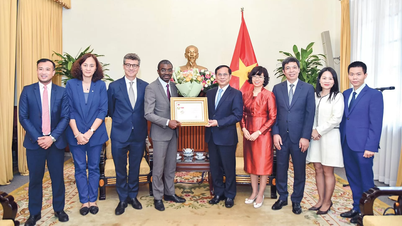



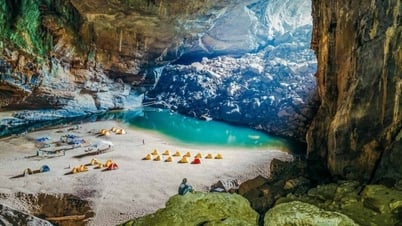







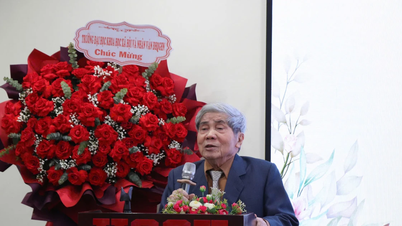

















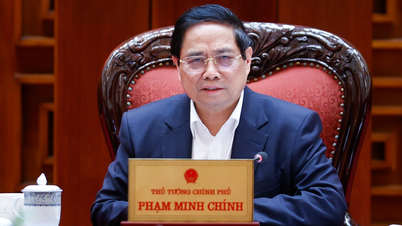
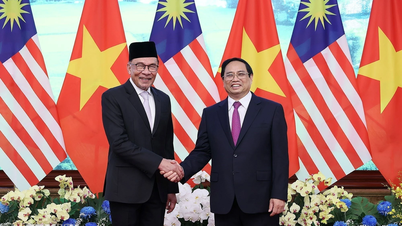









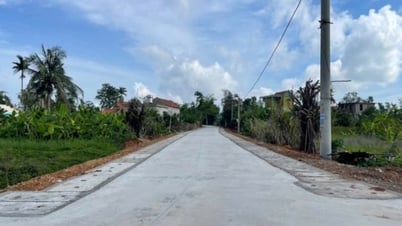
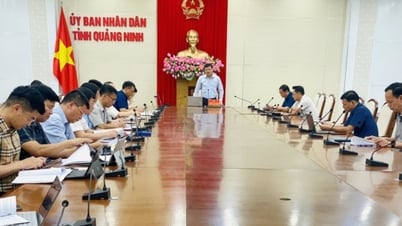




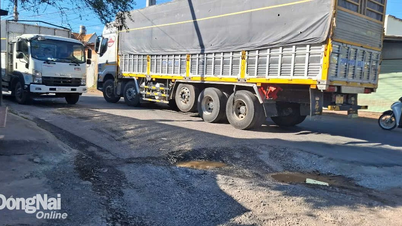












Comment (0)